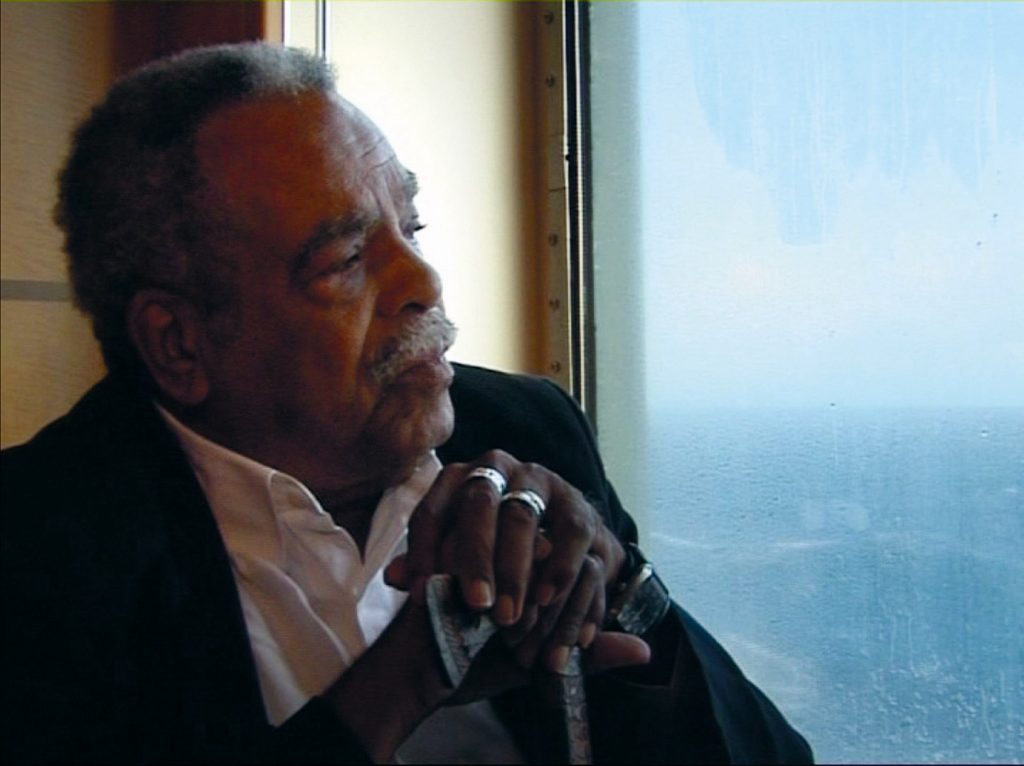
Edouard Glissant’s Right to Opacity
What Is It?
Opacity in the terms of the Caribbean writer Edouard Glissant means that which cannot be fully reduced, that which must remain ungraspable. Glissant asserts a “right to opacity” for individuals, cultures, writings, works of art etc., meaning both a right to difference and a right not be grasped. Glissant writes “it is impossible to reduce anyone, no matter who, to a truth he would not have generated on his own.”
Glissant opposes “opacity” to “transparency.” We are accustomed to seeing transparency as a virtue and opacity as a vice. This is precisely why opacity, as Glissant writes about it, is such an important tool. What if the demand for transparency is in some instances a demand to possess, to objectify and thus to extract and use–“hands that grasp their surroundings and bring them back to themselves” (in Glissant’s words).
What Does it Do?
Opacity and in particular recognizing “the right to opacity” is conceptual tool for respect and humility and re-enchanting the world. It is a means for existing in wonder and paradoxically increasing sympathy. We do not reduce the ones we love to an object. Opacity is precisely anti-colonial. There are no guardians of absolute truths in a world rich in opacities.
Opacity is also a tool for promoting a different sort of “understanding.” Appreciating opacity or granting another the right to opacity is not to turn one’s back. It is to stand in attention. It promotes listening. We are accustomed to thinking of understanding solely in terms of data, particularly empirical data and rational comprehension, in terms of “grasping” something. Appreciating opacity is a means towards another form of understanding expressed in another Glissantian conceptual tool called donner-avec. (See separate tool entry for this).
How Can It Be Accessed?
These conceptual tools are developed in Glissant’s writing, particularly Poetics of Relation, which because of its exploratory, challenging nature can be difficult to access. Glissant’s prose itself can be opaque in a way that is easy when the goal is figuring how to use a tool. There are summaries available on the Internet, of course. For example this one and this one. There is also this fantastic but difficult-to-find film.
However, we believe the term is accessible in and of itself if one gives it enough thought. Think about moments when you appreciated something without fully “understanding” it in a way you could put into words. Think about your own relationships and how the more you get to know someone the more deep and “ungraspable” they get. Then think about applying that to others whom you don’t know or other cultures or books or works of art. Glissant writes, “widespread consent to specific opacities is the most straightforward equivalent of nonbarbarism,” by which he means opacity is a cornerstone of democratic principles and freedom in the best sense.